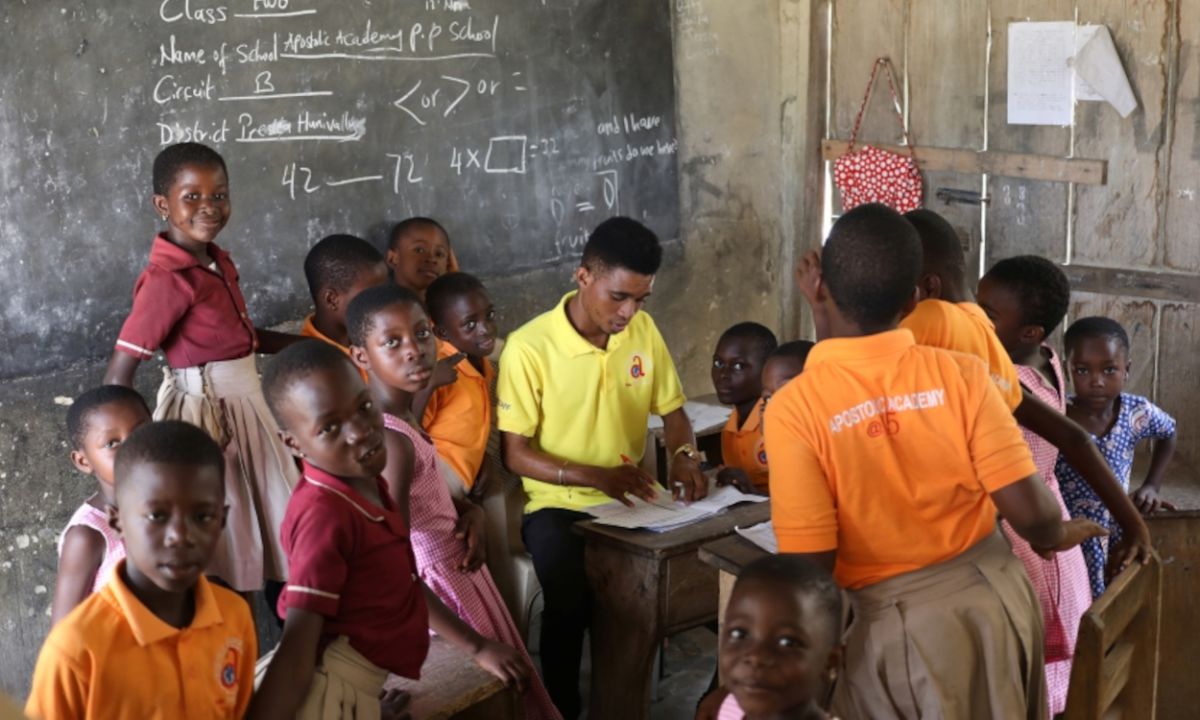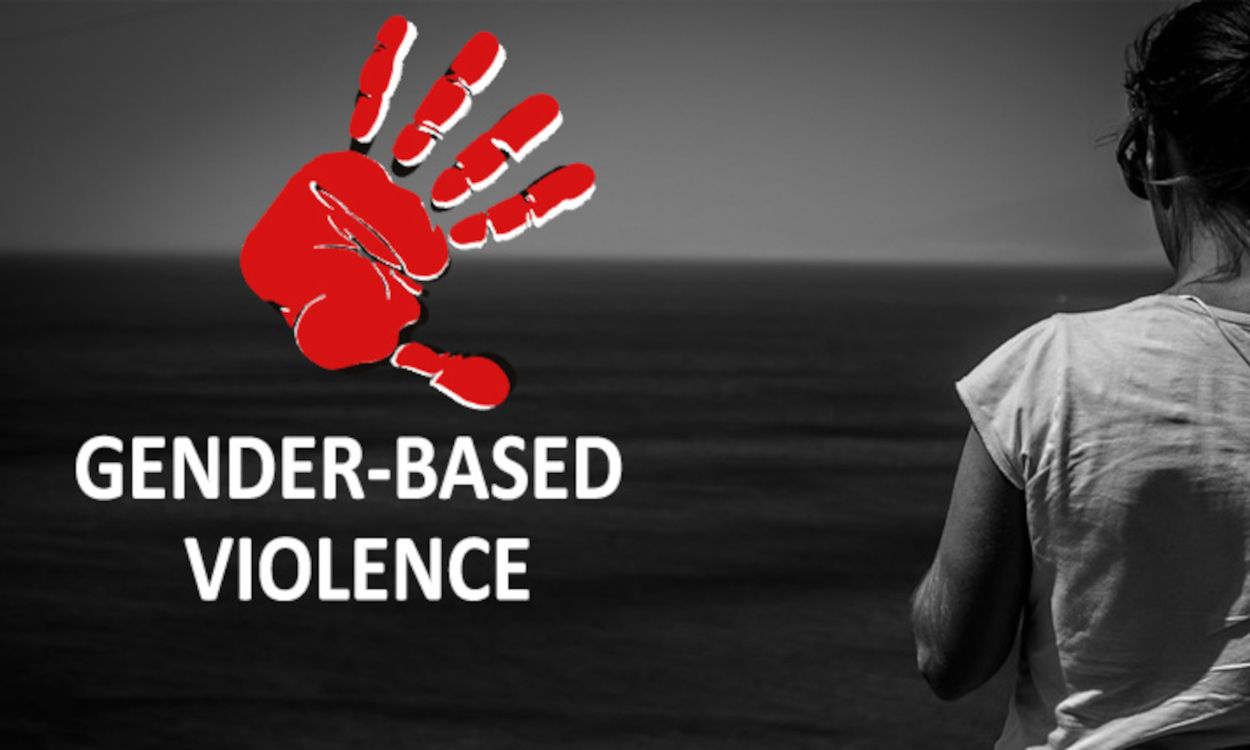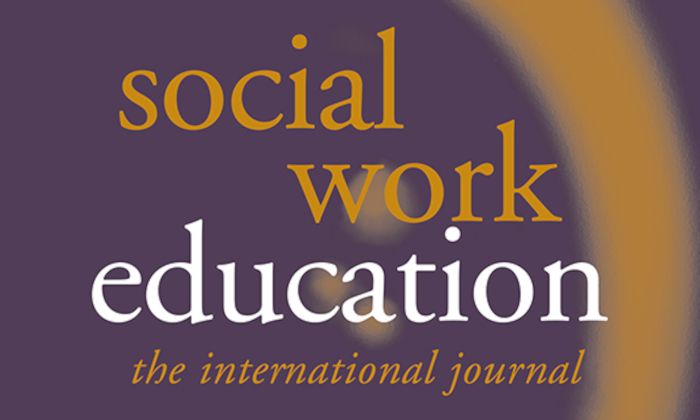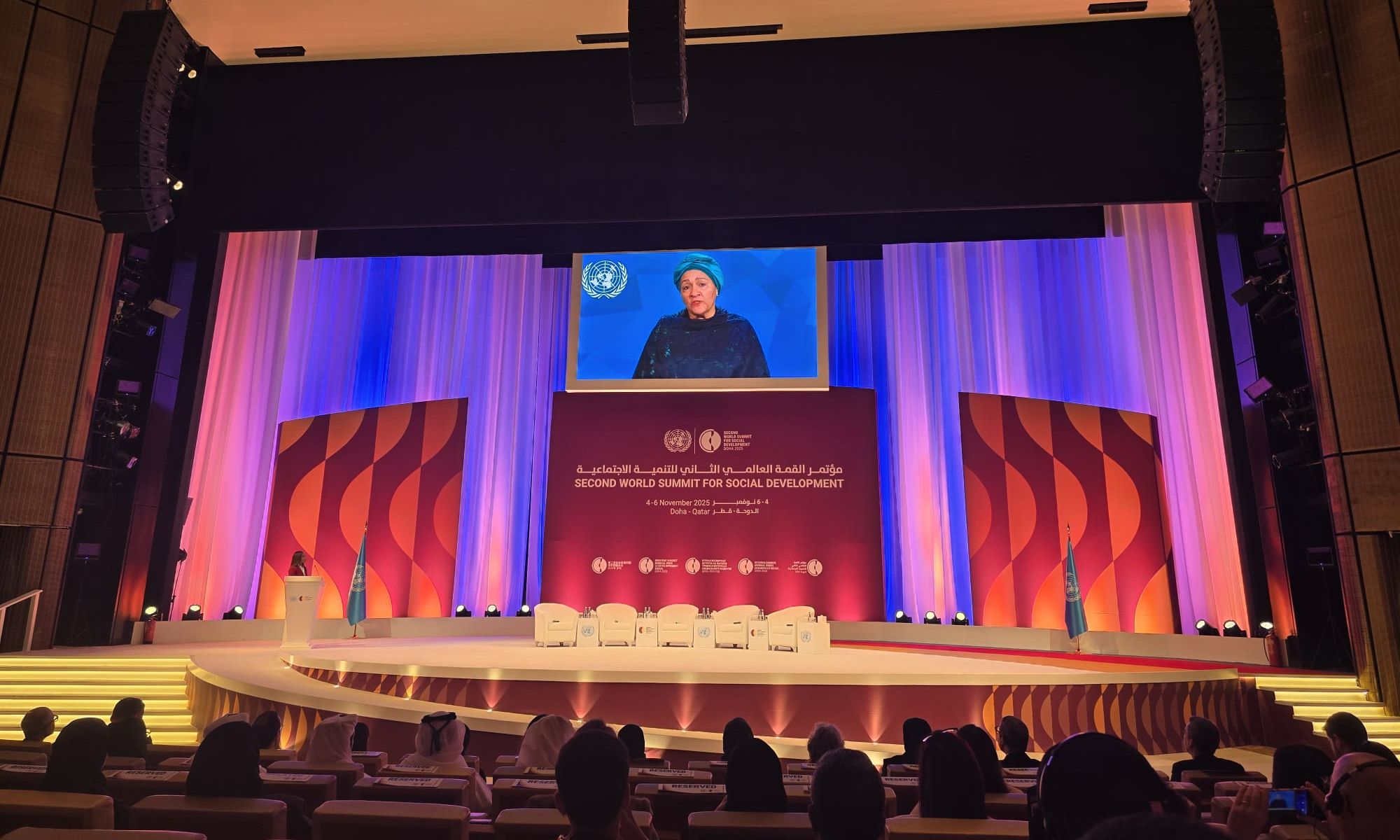The Impacts of COVID-19 On School Children - Governments To Create Emergency Preparedness Fund

by Christopher Dapaah, Distinguished fellow and The President of the ICSW - Central and West Africa
Background
Ghana is a signatory to the International Health Regulations (IHR) (2005) which calls for countries to work together to prevent, detect, and respond to public health emergencies. Thus, Ghana has agreed to work towards Universal Health Coverage (UHC) and build resilient health systems, which can adapt and respond to the challenges posed by epidemics and other health hazards and emergencies of national and international concern. As a commitment to strengthen IHR core capacities, Ghana developed a coasted National Action Plan for Health Security (NAPHS) for Ghana (2019 – 2023)
However, with almost a year, 2023, as in most developing countries, and to end the implementation of the current plans, dedicated funding remains a challenge. So far there is no dedicated budget line item and thus source of funding for the NAPHS. By December 2020, Ghana had the second-highest cases in the region of West and Central Africa with 54,771 persons tested positive.
During the outbreak of COVID-19 two years ago (2020) strategies to address the COVID-19 pandemic appeared to be ad-hoc and District level actors (Municipal, Metropolitan and District Assemblies including their DHMTs) had to largely rely on mitigation and control measures from Central Government.
The outbreaks of polio, cerebrospinal meningitis, yellow fever and recent ones as COVID-19, monkey pox and Marburg has provided much impetus for GHS to implement and expand on the implementation of the NAPHS and establish a Health Emergency Fund (HEF) to rope in the needed investments for EPR. This can only be achieved through a show of commitment by national and local government to prioritize a sustained increase in budgetary allocation, and ensure the full allocation is disbursed for epidemic preparedness including other emergencies.
It is realized that, the COVID-19 pandemic has placed a heavy toll on the human and economic development of many countries around the world and most especially countries in central and west sub region are no exception and more especially school children.
Considering Ghana experience in the Sub region, the COVID-19 pandemic had serious a disruptive effect on Households, schools, colleges and universities amid government-imposed measures to curb the spread of the virus. The measures affected an estimated 9.2m primary and secondary students and 500,000 tertiary education students, as well as educators. The child abuse case and other gender based violence in households reportedly rose from 18% to 26%, as surveyed.
It is realized that, during the COVID-19 era, children experienced reduced access to essential goods and services, increased poverty, food insecurities and exposure to violence, abuse and exploitation, as well as declines in physical and mental health.
More than 1.6 million Children staying at home and the re-prioritization of support services in key sectors have also compounded the various risks children face in critical periods of their development, nationwide school closures on the educational progress of more than nine million learners between pre-primary and secondary school levels also lost access to school meals including children with disabilities, the prolonged school closures have put a premature end to their education.
Although access to clean water and practicing good hygiene are essential to reducing susceptibility to diseases. Pandemic-related household income shocks, food insecurity, economic instability and the social isolation have increased children’s vulnerability to violence, child labor, and abuse are of on the increasing rate.
The time has come for all inclusive stakeholders agenda putting mitigation and preventive measures in place to address the impacts on children Education and Health before, during and aftermath measures in securing the lives of future generation . Civil society organizations calls various Governments for emergency Preparedness investment Fund to address now and future occurrences for the interest of the children at all levels.
By Conclusion, it is seen that, far wide-reaching secondary effects of the virus and consequent mitigation and preventive measures should be addressed in multidimensional ways, across sectors.
Various Governments have the commitments to establish the HEF and all health development plans. This implies that the Local and central Governments must also pay critical attention to epidemics and other public health emergencies through planning and budgeting.
ICSW and other CSOs or partners/champions are therefore advocating for Epidemics Preparedness and Response Fund to address outbreaks like COVID-19, HIV and related pandemics to be practical not rhetoric to reduce social protection burdens on families and other development allies.
References - The report was produced by UNICEF Ghana jointly with a team of researchers from the Social Policy Research Institute (SPRI) in collaboration with the National Development Planning Commission (NDPC) 2022







